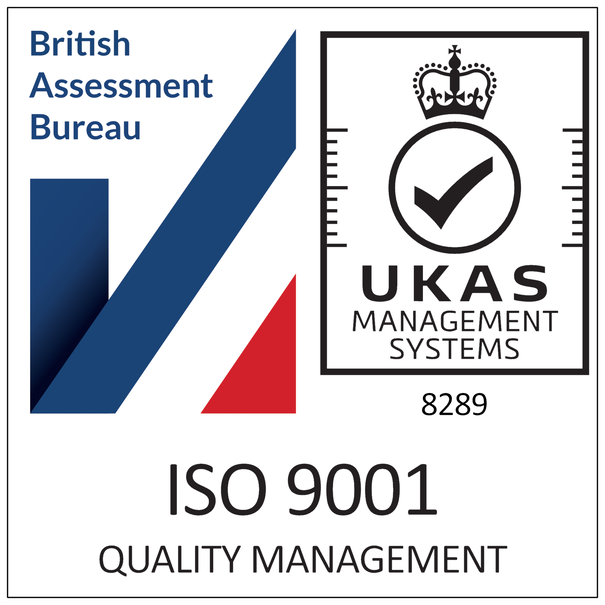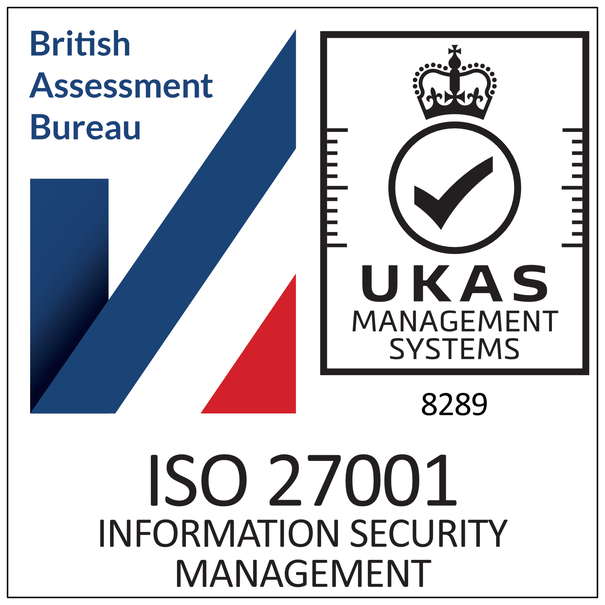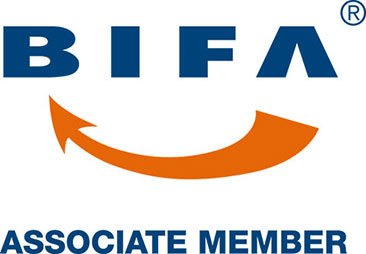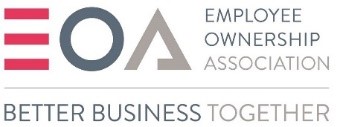
The maritime industry has seen a surge in demurrage and detention charges being imposed on merchants and freight forwarders to reduce wasted cargo space and abandoned shipments at UK ports.
Since the pandemic, UK ports have been struggling with port congestion due to containers not leaving the port within the specified days, which typically range from 7 to 14 days but can be up to 28 days. This time frame is ‘demurrage’ – when the full container is waiting to be discharged. Following this timeframe, the cargo should be transported to its destination where it is unloaded and then the empty container is returned to the port or terminal – this return journey to the port is classed as ‘detention’. Since 2021, shipping companies have reported an increase in containers returned late, or not collected from the port at all, taking up space and wasting valuable resources. A report by Trade Global Finance suggests that the root cause for this ‘port congestion’ is the shortage of containers for loading new cargo.
With demands on space at shipping ports at an all-time high, operators and shipping lines have been applying demurrage and detention charges for cargo that stays beyond its allotted ‘free days’ or is returned late to ensure efficient movement of cargo. The demurrage and detention charges not only act as a deterrent but when paid these charges support the financial stability of the industry.
But there appears to be some confusion over who pays these often sizeable invoices, which often come as a surprise to agents or freight-forwarders who – to the best of their knowledge – believe that the goods have been shipped successfully, with carriage paid, so the file has been closed.
In the case of goods sitting at an overseas port and not collected, and the shipper and consignee cannot be contacted, cargo if often just ‘abandoned’. In some cases, the shipping line will take a view on if the goods can be easily sold on. However, this is not always feasible as many consignments need specialist handling so the shipping line will invoice the contracting party – the agent or freight forwarder for settlement of charges.
This can be frustrating for the contracting party as they have no way of preventing this situation happening should the consignee not take delivery of the cargo at the destination. Whilst the shipper is liable for these costs, if they have ceased trading or gone away, the freight forwarder will be liable for the charges.
The British International Freight Association (BIFA) suggests that there appears to be greater instances of issues with one off shippers, and the main commodities involved being low-cost materials, such as scrap, personal items and charity goods. BIFA recommends that its members (agents and freight forwarders) have thorough procedures in place to understand the trading history of the shipper and to log when goods have been discharged overseas which could help prevent issues with demurrage and detention further down the line. BIFA also states that with current freight rates being volatile, there need only be a short delay for detention and demurrage charges to start accruing, making the shipment commercially unsound, so low value consignments should be taken on with some caution and adequate due diligence.
So, what should you do if you are advised of demurrage and detention charges? First and foremost, is act quickly and speak to the carrier to pause all ongoing charges whilst the matter is investigated, and shippers and consignees are contacted. In cases where the shipper has gone away, a trace agency is a good option for a forwarding address or new contact details, and professional debt recovery is also an option once the shipper has been located. It is also prudent to consider what can be done with the cargo if you are unable to contact the shipper, with consideration being given to abandoning the cargo, or finding a new buyer.
Controlaccount is the UK’s leading debt recovery agency, working with leading freight forwarders helping them recover demurrage and detention charges, as well as review of contractual agreements. We are founding members of the Credit Services Association and BIFA.
For further information, visit www.controlaccount.com












